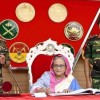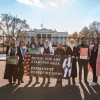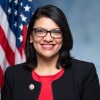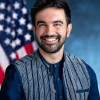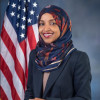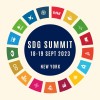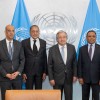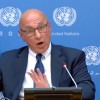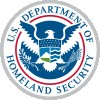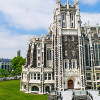BIDSS Seminar
Seminar in New York Urges for Secure Banking Channels for Expatriates’ Remittances
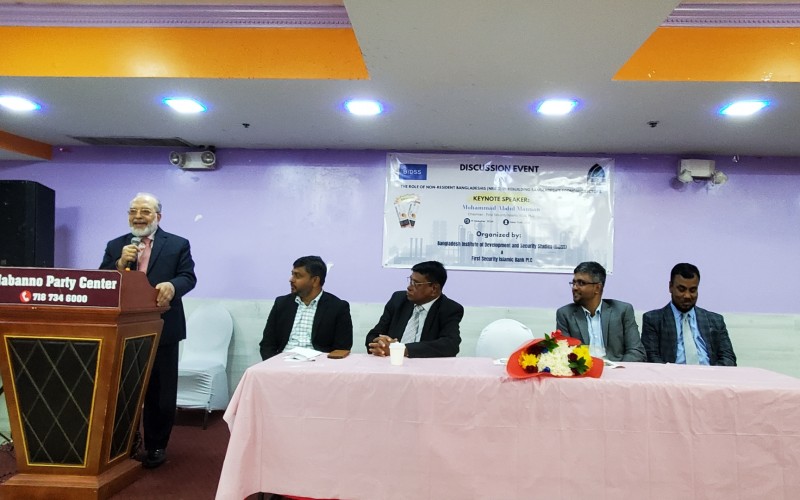
A seminar organized by the Bangladesh Institute of Development and Security Studies (BIDSS) in collaboration with Fast Security Islami Bank brought together influential figures to discuss the vital role of Non-Resident Bangladeshis (NRBs) in rebuilding Bangladesh's economic sectors. The event, held in New York on Saturday, emphasized the importance of secure banking channels for expatriates’ remittances and investment in the country's economic recovery.
The keynote speaker, Mohammad Abdul Mannan, Chairman of Fast Security Islami Bank, reassured the audience that “every dollar sent by expatriates through banking channels is safe in all banks in Bangladesh.” Mannan underscored the commitment of the Dr. Yunus-led government, stating, “The government is working day and night to ensure the security of expatriates' remittances.” He further highlighted that Bangladesh’s economy relies heavily on three sectors: Readymade Garments, Remittance, and Rural Development, with expatriates playing a crucial role in sustaining the nation's socio-economic growth.
Panelists at the seminar discussed the need for fostering trust in the banking sector to encourage NRBs to invest in Bangladesh rather than keeping their money abroad. Professor Shaukat Ali, a former economics professor at Long Island University, emphasized, “If banks can create an environment of trust, expatriates will invest their money in Bangladesh instead of keeping it overseas.”
The event also addressed the issue of money laundering. Speakers called for immediate action against money launderers, urging the government to take initiatives to bring back smuggled funds and to hold defaulters accountable. BIDSS Executive Director, Mohammad Imran Hossain Ansary, emphasized the need for confiscating the movable and immovable property of those involved in financial crimes. He demanded effective measures from the government to protect and promote expatriate investments.
In his welcome address, Ansary highlighted the government’s achievements and shortcomings, stating, "The Awami government has provided Tk 1.5 lakh crore in loans over 15 years, yet the country has witnessed an outflow of Tk 18 lakh crore through looting and bank robbery with state assistance." He called for recovering smuggled funds to aid the country's economic recovery.
Assistant Professor Dr. Mirza Ghalib of Howard University stressed the need for political reform, asserting that the banking sector in Bangladesh is influenced by political control, which hinders economic progress. “For the banking sector to flourish, political reforms must come first,” he said.
Attorney Mohammad Golam Mostafa echoed the concerns of other speakers, pointing out that while expatriates are interested in investing, their investments face risks due to various factors. He called for concrete initiatives by the government and the banking sector to secure expatriate investments.
The seminar, titled “The Role of Non-Resident Bangladeshis in Rebuilding Bangladesh’s Economic Sectors”, featured participation from several prominent figures, including Dr. Wazed A Khan, editor of the weekly Bangladesh newspaper, and Ataur Rahman, CEO of Bank Asia USA.
The session concluded with a strong call for cooperation and patience, with Chairman Mannan urging expatriates to continue supporting the country’s economic development through secure and legal banking channels. He assured that the government and banks are committed to bringing back laundered funds and restoring the banking sector's integrity.
The seminar ended with a hopeful message, expressing optimism that the necessary reforms and initiatives will help NRBs contribute more effectively to Bangladesh's economic growth.



















